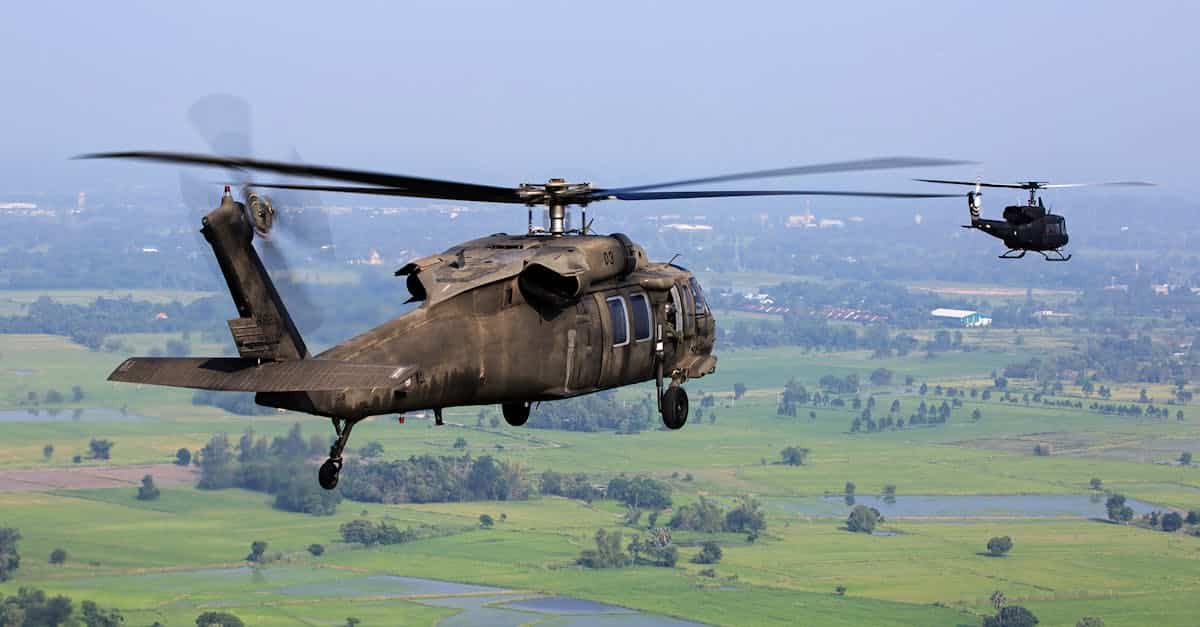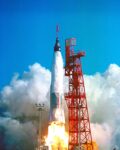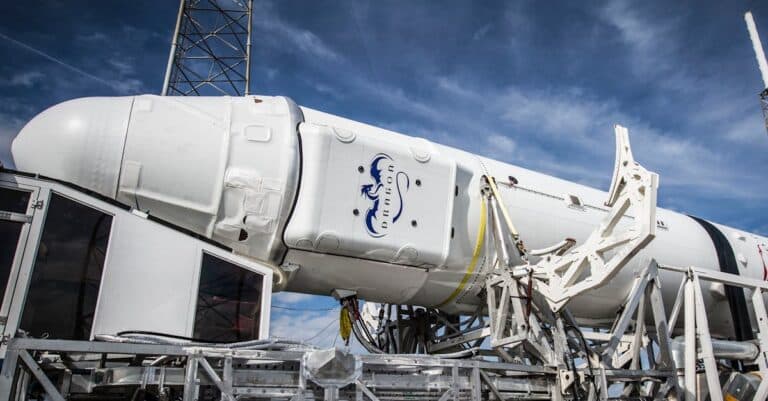The air operations carry a complex and encompassing meaning, referring to all military activities conducted by means of flying devices. These operations can be classified into various categories, ranging from meticulous planning to the effective execution of air missions. They include not only tactical interventions on the ground but also processes of control and coordination, playing a crucial role in the context of military strategies. The underlying technological and operational stakes, coupled with the dynamics of airspace, paint a rich and complex picture that deserves to be explored.
The term air operations encompasses a wide range of activities taking place in the sky, primarily related to military missions but also in a civil context. These operations include everything from flight planning to their execution and control. The processes governing these activities ensure safety and efficiency in air movements.
Tactical air operations focus on short-term actions, often directly related to military engagements. They include reconnaissance, attack, interdiction, and support missions for ground troops. These operations utilize various aircraft that can range from fighters to drones. The distinction between air battle and support missions is essential in these contexts.
In contrast, strategic air operations aim for longer-term objectives and may involve connections with other military resources. These missions require a high level of coordination and often several types of aircraft to be successfully carried out. Refueling operations, for example, are fundamental to maintaining the operational capacity of air forces during prolonged deployments.
The technical aspects of air navigation are also crucial within the framework of air operations. This includes the use of systems such as VOR (VHF Omnidirectional Range) which allows pilots to determine their position and perform precise flights. Without these technologies, flight safety would be compromised, making the coordination of operations much more complex.
Moreover, the context surrounding air operations is constantly evolving. Interaction with other fields such as cybersecurity becomes paramount to protect communications and control systems. In this regard, concerns related to aeronautical cybersecurity underscore the importance of who must care for the integrity of operations and the information exchanged.
International air transport regulations play a vital role in the implementation of air operations. They define airspaces, establish safety standards, and coordinate movements across borders. Agencies like ICAO (International Civil Aviation Organization) work to harmonize these rules for coordinated operations between states.
Finally, the impact of technological innovations in the field of aeronautics is transforming the way air operations are conducted. Advances such as drones in surveillance, or the MRTT (Multi Role Transport Tanker) for air logistics, revolutionize traditional practices. These developments not only change capabilities but also the operational requirements of military forces.
Air operations, whether conducted by military powers, humanitarian organizations, or for commercial flights, continue to evolve rapidly, revealing the crucial importance of air as a strategic space. To learn more about the significance of high-altitude flights in our aerial future, click here: High altitude flights.

FAQ about Air Operations
What does the term ‘air operations’ refer to? Air operations refer to all military activities carried out by aircraft in the context of various missions, including planning, execution, and flight control.
What types of air operations exist? There are several types of air operations, including “tactical air operations,” strategic operations, and support missions, each with specific objectives.
How are air operations planned? Planning air operations requires careful coordination among several disciplines, including engineering, logistics, and military strategy, to ensure mission success.
Why are air operations crucial in military contexts? They are essential because they ensure air superiority, enable precise strikes, and provide real-time support to ground forces.
What technologies play a role in modern air operations? Many advanced technologies, such as drones, flight management systems, and targeting devices, are integrated to enhance efficiency and safety in air operations.
How are air operations evolving over time? Air operations are constantly evolving due to technological innovations and new military strategies, thus redefining how armed forces operate in the sky.
What differentiates air operations from other types of military operations? Air operations are characterized by the use of airspace as the primary area of action, unlike land or naval operations that focus on specific terrains.
























